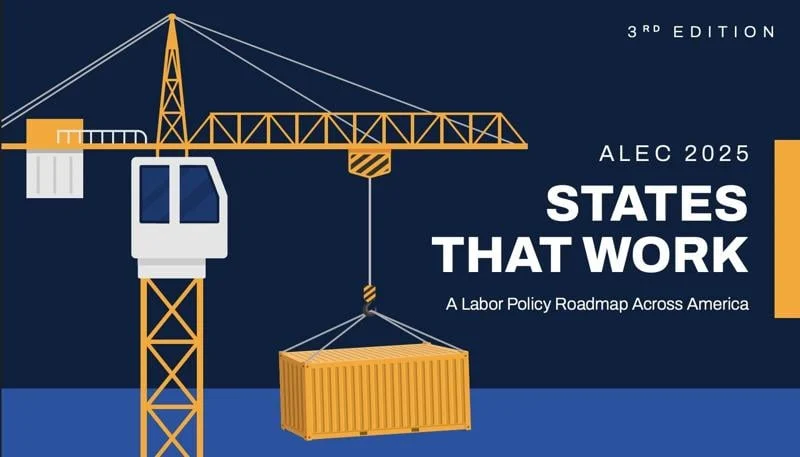(The Center Square) – Georgia ranks third for worker freedom in a new analysis by the American Legislative Exchange Council.
The “States That Work” report released Tuesday ranks states based on their free market labor-friendly policies.
Georgia passed Senate Bill 362 in 2024. The bill banned economic development incentives from companies that conducted unionization votes with secret ballots. The companies also cannot share personal employee information with unions without obtaining consent.
“Georgia doesn’t make a lot of noise, but it delivers results,” said Alan Jernigan, manager of the ALEC Commerce, Insurance and Economic Development Task Force. “From banning public-sector collective bargaining to safeguarding secret ballot elections, Georgia has built a quiet powerhouse of worker freedom. More than 400,000 Americans have chosen to call the Peach State their new home in the last decade, because they know their rights are protected and their opportunities are growing.”
The Peach State’s 10-year private sector growth is 23.88%, ninth among the states, according to the report.
The state tied with others for the top spot for minimum wage at $7.25 an hour, the same as the federal minimum wage.
Government jobs make up 14.39% of the labor force according to June 2024 statistics, placing the state 16th in the rankings.
Private union membership makes up 2.95% of the workforce, 11th in the country. Just over 14% of the state’s public workforce belongs to a union, placing the state ninth.
Arizona and Utah took the top spot in the analysis, with Arkansas and Florida rounding out the top five in fourth and fifth place.
“States That Work demonstrates how states that respect worker freedom are winning the race for talent and economic growth,” said ALEC CEO Lisa B. Nelson. “While some are embracing reforms that empower workers and attract businesses, others are doubling down on outdated mandates that drive prosperity away. This is more than a ranking, it’s a wake-up call for lawmakers who want their state to thrive in today’s economy.”




